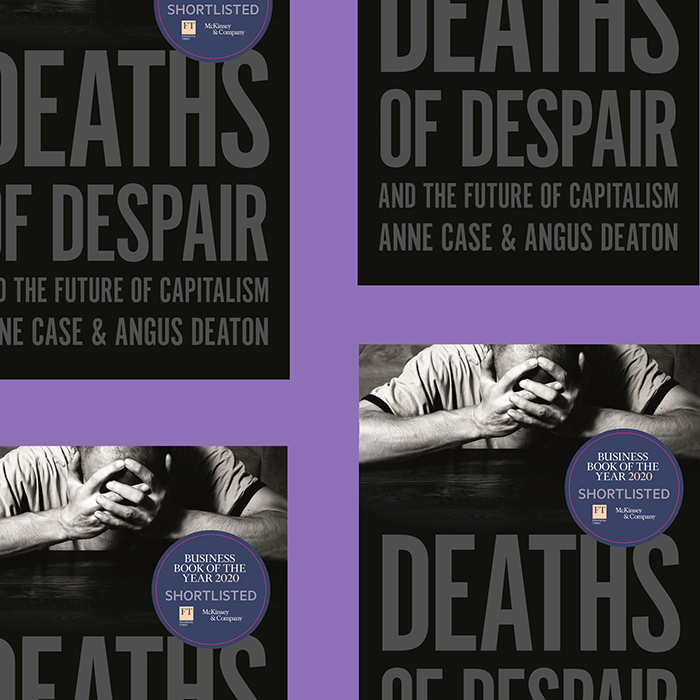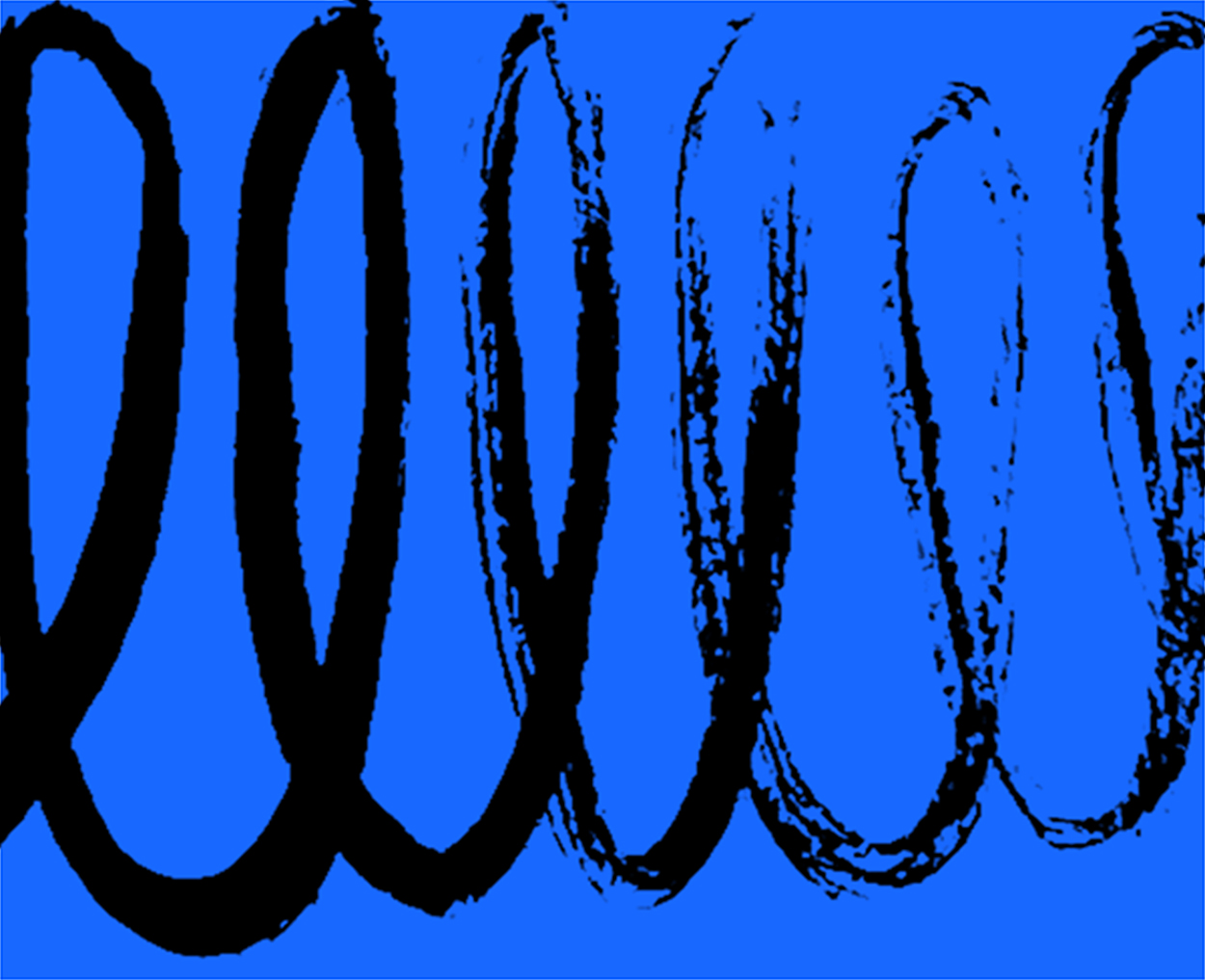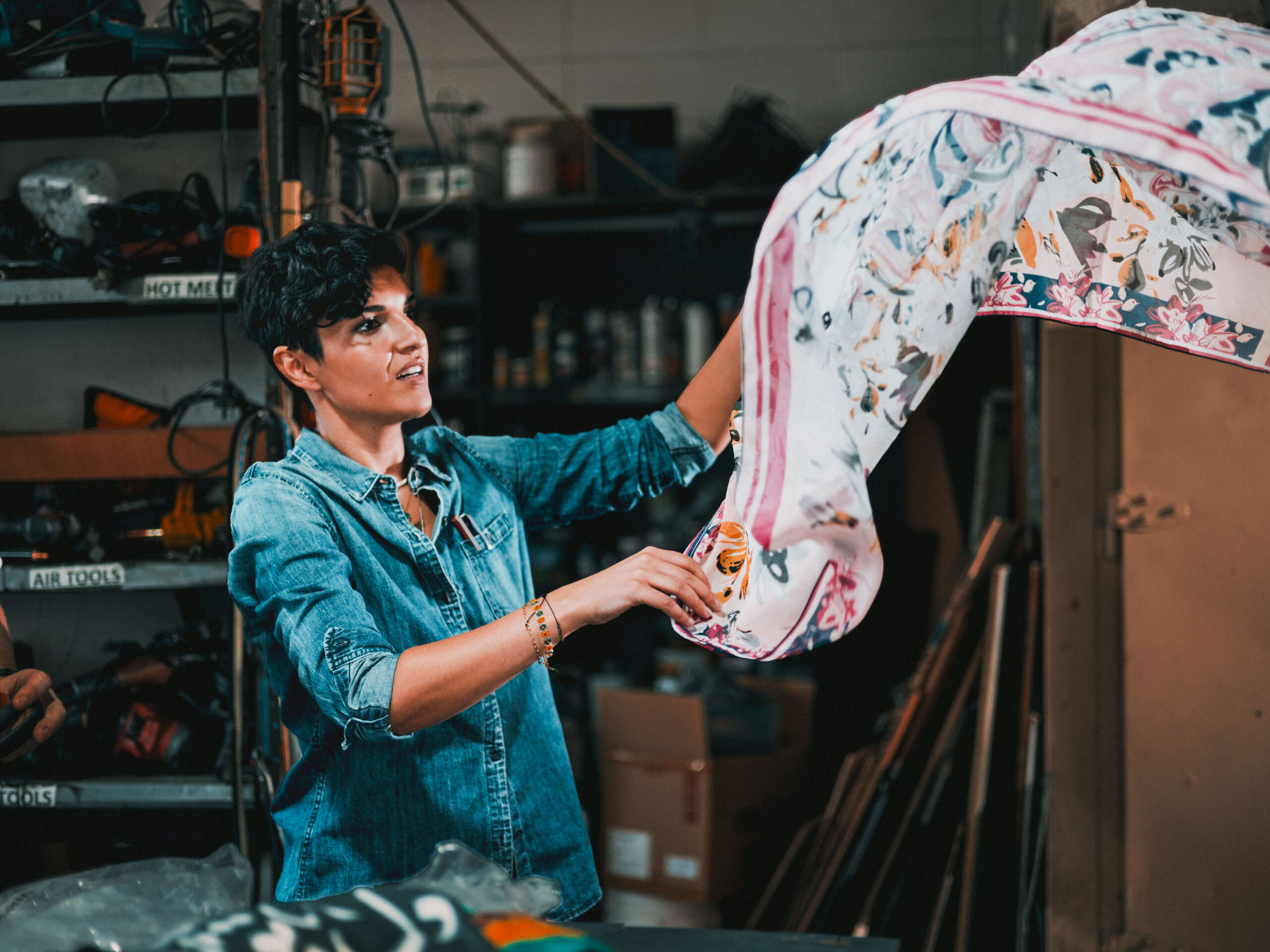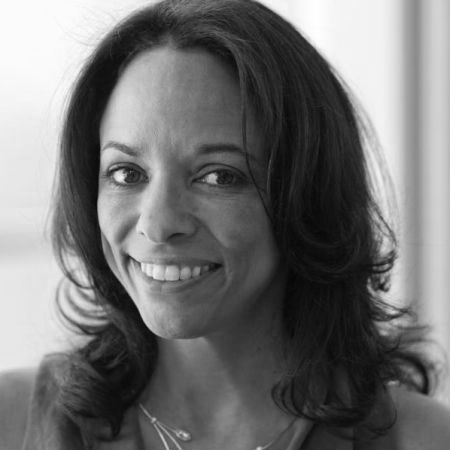
April 23, 2024
A Nobel Prize-winning economist is asking new questions about inequality
Sir Angus Deaton has changed his mind.
In a new piece published by the International Monetary Fund, “Rethinking My Economics,” the Princeton professor examines what he believes to be dangerous shortcomings of his chosen field and his own thinking.
It’s a fairly long list.
“We did not collectively predict the financial crisis and, worse still, we may have contributed to it through an overenthusiastic belief in the efficacy of markets, especially financial markets whose structure and implications we understood less well than we thought,” he says.
Free markets, though virtuous on paper, don’t account for the political and corporate actors pulling levers behind the scenes.
“Without an analysis of power, it is hard to understand inequality or much else in modern capitalism.” Today’s economists have abandoned their ideals of social justice and ethics “to focus on efficiency and leave equity to others, to politicians or administrators. But the others regularly fail to materialize, so that when efficiency comes with upward redistribution — frequently though not inevitably — our recommendations become little more than a license for plunder.”
And plunder has its own allure.
“[E]conomists, who have prospered mightily over the past half century, might fairly be accused of having a vested interest in capitalism as it currently operates.”
It’s a brutal assessment delivered in accessible and elegant prose.
To be fair, this wasn’t a long walk for Deaton, nor was it a random one.
Deaton won the Nobel Prize in Economic Sciences in 2015 for “his analysis of consumption, poverty, and welfare,” part of a longstanding focus on public health, policy, and the lives of ordinary people.
He and his wife, Anne Case, also a renowned Princeton economist, published Deaths of Despair and the Future of Capitalism in 2020, presenting their years-long research showing that white, working women and men without college degrees were dying from suicide, drug overdoses, and alcohol-related disorders at such alarming rates that overall life expectancy in the U.S. had fallen. Deaton and Case argued that public and mental health failures and the opioid epidemic were only partly to blame.
“Even if you get rid of the addiction, that does not solve it, because there is a much deeper problem — for people who only have a high school diploma, real wages have been falling for 50 years,” Deaton says.
Their work became a persistent and debated talking point in the run-up to the 2020 U.S. elections, but it’s clear the analysis has run its course. “Indeed, the despair that Ms. Case and Mr. Deaton wrote about can now be found among nearly every demographic group,” The Economist reported last December.
“The facts on the ground have changed,” Deaton responded.
As they have for many economists, whether they acknowledge it or not.
Deaton ends by encouraging his colleagues to be humble and talk about the hard things, even if their job depends on not talking about them.
“We are often too sure that we are right. Economics has powerful tools that can provide clear-cut answers, but that require assumptions that are not valid under all circumstances,” he says. “It would be good to recognize that there are almost always competing accounts and learn how to choose between them.”
And he offers his own very Princetonian definition of inclusion.
“Economists could benefit by greater engagement with the ideas of philosophers, historians, and sociologists, just as Adam Smith once did,” he writes. “The philosophers, historians, and sociologists would likely benefit too.”
A version of this essay was originally published in the Equity Observer email newsletter. Catch up on past issues here. Sign up for insightful commentary, breaking news, and community shout-outs delivered twice weekly. Find your people.
Observed
View all
Observed
By Ellen McGirt
Related Posts

Business
Courtney L. McCluney, PhD|Essays
Rest as reparations: reimagining how we invest in Black women entrepreneurs

Design Impact
Seher Anand|Essays
Food branding without borders: chai, culture, and the politics of packaging

Graphic Design
Sarah Gephart|Essays
A new alphabet for a shared lived experience

Arts + Culture
Nila Rezaei|Essays
“Dear mother, I made us a seat”: a Mother’s Day tribute to the women of Iran
Recent Posts
Minefields and maternity leave: why I fight a system that shuts out women and caregivers Candace Parker & Michael C. Bush on Purpose, Leadership and Meeting the MomentCourtney L. McCluney, PhD|Essays
Rest as reparations: reimagining how we invest in Black women entrepreneurs Food branding without borders: chai, culture, and the politics of packagingRelated Posts

Business
Courtney L. McCluney, PhD|Essays
Rest as reparations: reimagining how we invest in Black women entrepreneurs

Design Impact
Seher Anand|Essays
Food branding without borders: chai, culture, and the politics of packaging

Graphic Design
Sarah Gephart|Essays
A new alphabet for a shared lived experience

Arts + Culture
Nila Rezaei|Essays

 Ellen McGirt is an author, podcaster, speaker, community builder, and award-winning business journalist. She is the editor-in-chief of Design Observer, a media company that has maintained the same clear vision for more than two decades: to expand the definition of design in service of a better world. Ellen established the inclusive leadership beat at Fortune in 2016 with raceAhead, an award-winning newsletter on race, culture, and business. The Fortune, Time, Money, and Fast Company alumna has published over twenty magazine cover stories throughout her twenty-year career, exploring the people and ideas changing business for good. Ask her about fly fishing if you get the chance.
Ellen McGirt is an author, podcaster, speaker, community builder, and award-winning business journalist. She is the editor-in-chief of Design Observer, a media company that has maintained the same clear vision for more than two decades: to expand the definition of design in service of a better world. Ellen established the inclusive leadership beat at Fortune in 2016 with raceAhead, an award-winning newsletter on race, culture, and business. The Fortune, Time, Money, and Fast Company alumna has published over twenty magazine cover stories throughout her twenty-year career, exploring the people and ideas changing business for good. Ask her about fly fishing if you get the chance.